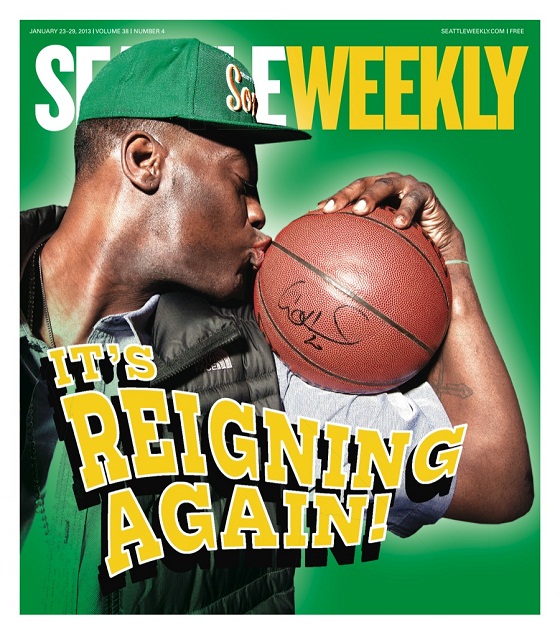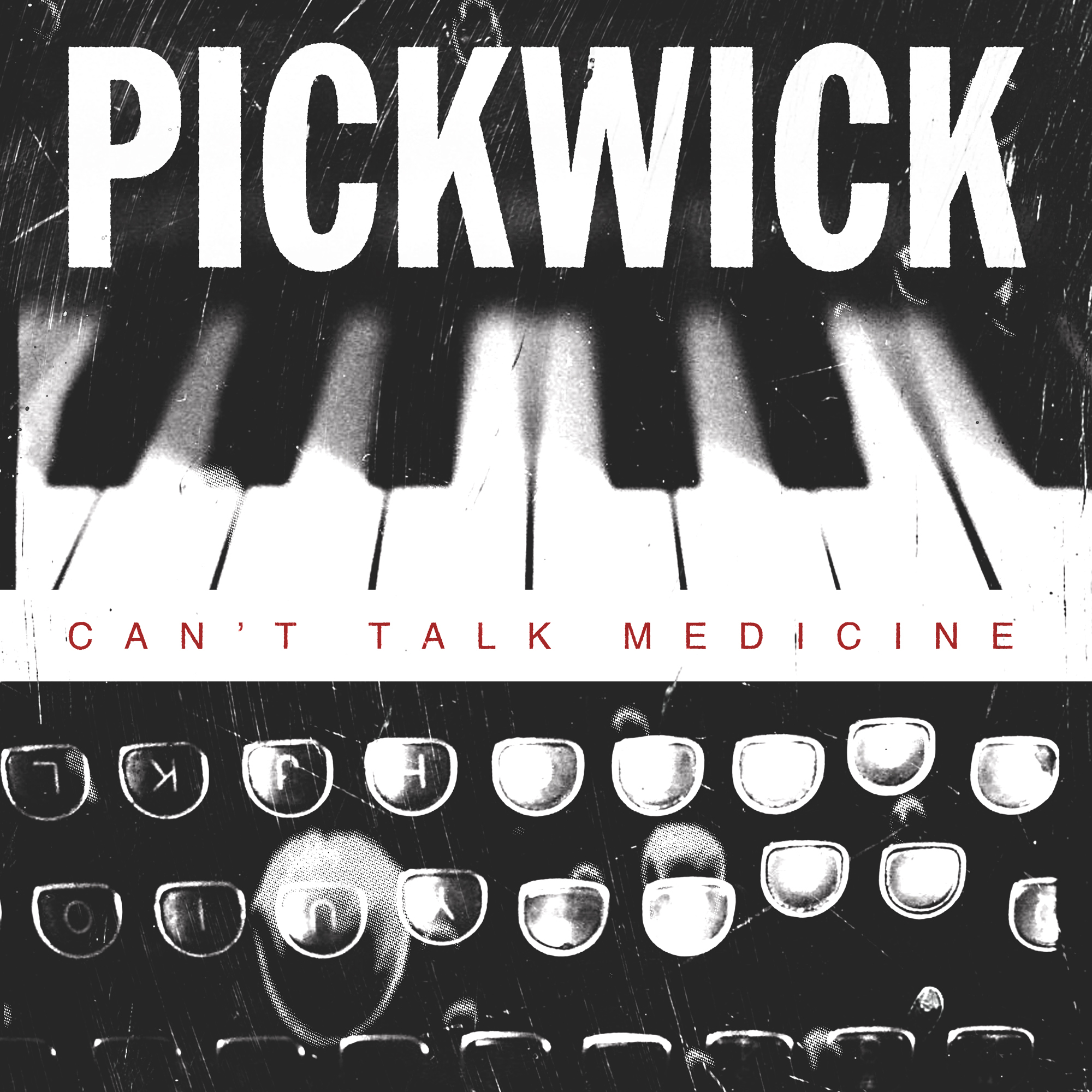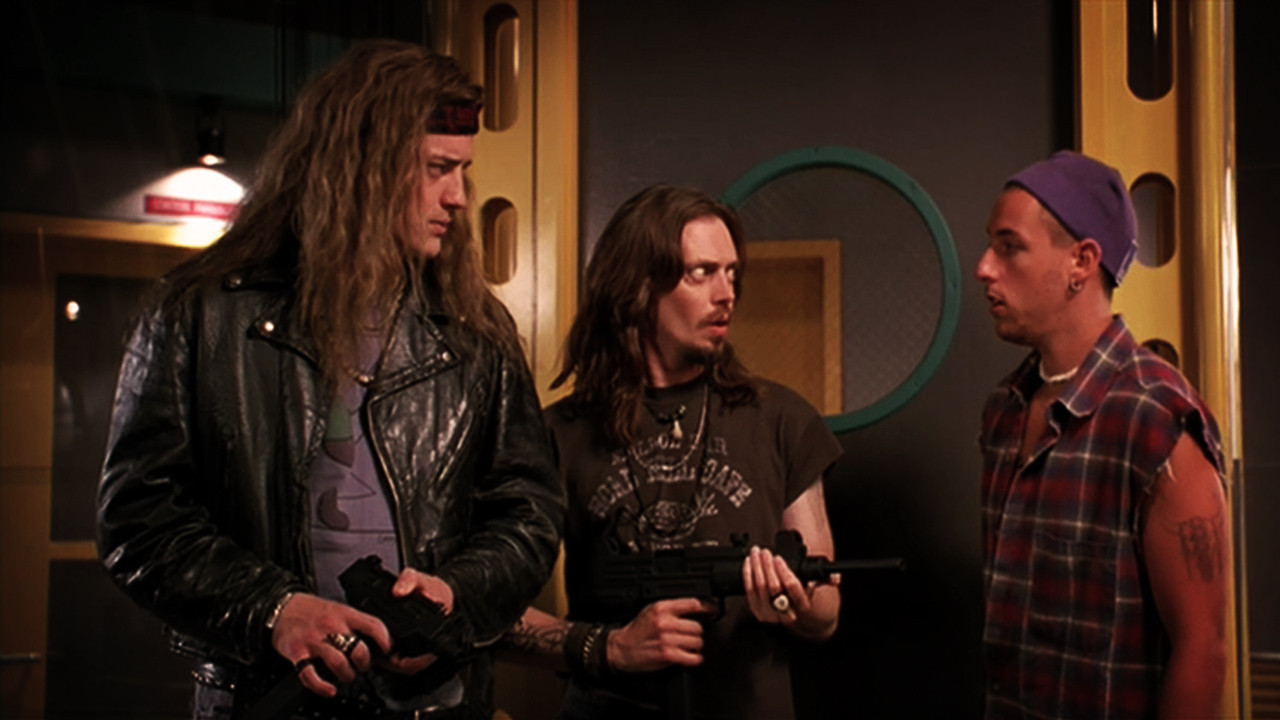There are essentially three ways of getting music on the Internet: steal it, pay for it, or get it for free (and, often, suffer through ads). The latter two often pay musicians fractions of pennies for every stream and transaction. The former pays musicians nothing. The latter are considered by many industry voices as the beginning stages of a new, sustainable business model. The former has consumed half of the recorded-music business. Guess which of these drew the most heat from artists in 2012?See Also: Again, “I Can’t Afford the Album,” Is the Worst Justification for PiracyOne of the year’s most peculiar yet persistent music-industry trends has been the way legitimate forms of digital-music consumption have been vilified more strongly than illegitimate ones. It’s become commonplace for streaming services like Spotify and Rhapsody to be derided for their “insubstantial” payments to artists, but for piracy to be seen as something that’s not worth speaking out against. Just last week The Wall Street Journal’s Marc Myers said record labels had been “slammed by streaming music services and digital downloads” (whatever that means), but didn’t mention piracy; a government employee on the periphery of the music business recently told me the piracy train has already left the station, and fighting it is futile.Last month, under the banner of musicFIRST, a coalition of “musicians, recording artists, music businesses, and supporters united for fair pay,” dozens of artists (Sheryl Crow, Billy Joel, Katy Perry, and many others) signed a letter speaking out against the Internet Radio Fairness Act (IRFA), legislation that would lower the performance royalties Pandora and other online radio stations pay artists per play (terrestrial radio doesn’t pay this royalty at all). Since the early days of Napster through today–when the industry has been upended by listeners taking music without paying for it–there has never been a similar effort to combat piracy. Yes, several artists have spoken out–notably, Cracker’s David Lowery published a popular essay against piracy this year, sparking plenty of temporary conversation but no coordinated action–but have never united against the crime as they’ve rallied against IRFA.The result has been a narrative left unchanged. The conventional wisdom is that artists aren’t hurt when albums are stolen, that record labels exist to exploit musicians, and all sins are forgiven when you buy a T-shirt at a concert. Few artists will tell you this narrative is true–but even fewer will speak publicly to correct it. And when they do, they are eviscerated, as Lars Ulrich, Lily Allen, or Duff McKagan will tell you (McKagan, co-founder of Guns N’ Roses and a longtime SW contributor, is one of the few artists who signed the musicFIRST letter who also has spoken out strongly against piracy).This is why it’s time for artists to band together to set the story straight. Don’t leave it to the few brave enough to speak strongly on the matter. There needs to be a large, coordinated effort by bands big and small to tell their story–to sign a letter to fans explaining how devastating piracy is to their ability to make music for a living (or at all).”The voice of that community is clearly the most important,” says Chris Ruen, author of the recent book, Freeloading: How Our Insatiable Hunger for Free Content Starves Creativity. “Artists need to raise their voices.”Such an effort wouldn’t end piracy. But it would correct the narrative, and only when there is a clear understanding of a problem can a solution be found.
More Stories From This Author
Capitol Hill Block Party Artist Panel Series 2019
The Capitol Hill Block Party Artist Panel Series 2019 is free (no festival wristband required), all-ages, and takes place from…
By
Seattle Weekly • July 9, 2019 11:10 am
Golden Idols will release new EP
Seattle quartet returns with ‘Uneasy’
By
Seattle Weekly • June 24, 2019 5:30 pm
Travis Thompson, Wolf Parade headline Fisherman’s Village fest
The Everett Music Initiative festival, May 16-18 in Everett, will showcase more than 50 acts.
By
Evan Thompson • March 18, 2019 12:00 pm







